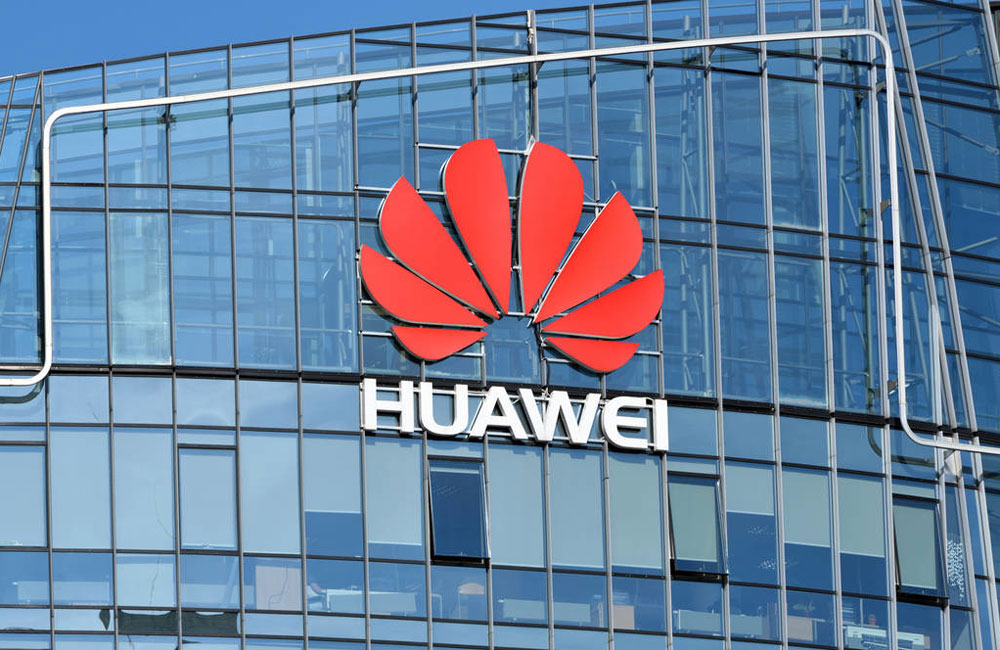Huawei aims to speed up US government lawsuit


Huawei Technologies Co filed a motion on Wednesday to accelerate its lawsuit against the United States government, as the Chinese tech company said it has great confidence in the case and hopes to bring it to an early conclusion.
The move came two months after Huawei sued the US government over a measure that bars federal agencies from using its products. This is part of a broader push by the world's largest telecom equipment maker to pursue fair competition and treatment in the global tech arena through legal means.
Huawei said at a news conference in Shenzhen, Guangdong province, that it had filed a motion for summary judgment in a court in Plano, Texas, where it filed the case. The motion asks the court to declare the ban unconstitutional.
Song Liuping, Huawei's chief legal officer, said the federal ban, outlined in section 889 of the 2019 US National Defense Authorization Act, is unlawful as it singles out a person or a group for punishment without trial.
"Politicians in the US are using the strength of an entire nation to come after a private company," Song noted. "This is not normal, almost never seen in history."
The senior executive added that the US government has provided no evidence to show that Huawei is a security threat. "There is no gun, no smoke, only speculation."
A motion for summary judgment is one party's effort to bring an early end to a lawsuit. Huawei is using it to request the court to rule in its favor as a matter of law.
The company said this case presents pure questions about law and does not at this point involve any dispute over facts. The US court has scheduled a hearing on Huawei's motion for Sept 19.
"If the court grants Huawei's motion for summary judgment, the case is over. It will not go into a trial at all. But the US government can appeal to a higher court," said Li Lan, a Shenzhen-based lawyer of Jincheng Tongda & Neal law firm.
Huawei is facing a crackdown from the US, which accuses the company of posing risks to its national security. Huawei has repeatedly denied the accusations and said these claims were not supported by factual evidence.
Huawei is not the first foreign company to sue the US government. In 2015, Chinese machinery manufacturer Sany settled a lawsuit with the US government, which forbade its project in Oregon on national security grounds.
In 2017, Russian cybersecurity company Kaspersky unsuccessfully sued the US government over a ban on its products.
Huawei said in a note that "We have a different and much stronger case than Kaspersky." For example, the US ban not only bars all US government agencies from buying Huawei equipment and services, but also bars them from contracting with or awarding grants or loans to third parties who buy Huawei equipment or services.
A partner at a Beijing-based law company who wished to remain anonymous, said: "The Huawei case is very different from the Kaspersky ban. The ban on Huawei is significantly broader, manifestly targets one company and is punitive in nature."
Earlier this month, the US government added the Chinese company to its Entity List, barring Huawei from accessing any US technologies without special approval. Song said the move is affecting its more than 1,200 suppliers and threatened to affect its 3 billion individual customers in 170 countries and regions.
"Huawei is considering taking legal or administrative action to fight the US list ban," Song said, "It sets a dangerous precedent. Today, it is telecoms and Huawei. Tomorrow, it could be your industry, your company, your consumers."
On Wednesday, Foreign Ministry spokesman Lu Kang also urged Fed-Ex to explain why it rerouted four Huawei parcels to the US without the Chinese company's authorization.
"If it is not an isolated incident, FedEx needs to explain why such misdeliveries occurred to Huawei's parcels several times," the spokesman said.




































